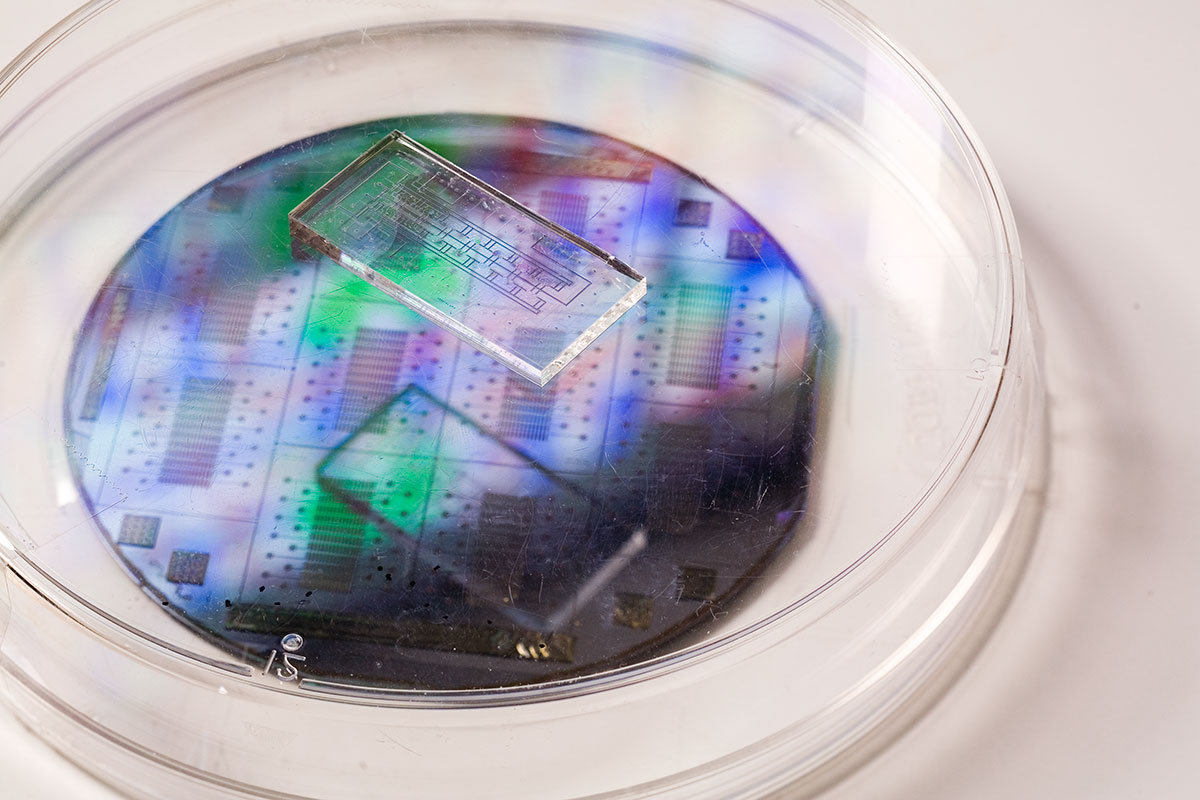New Study: Using Single-Cell Technology to Predict Cell Behavior
 isbscience.org/news/2017/01/09/new-study-using-single-cell-technology-predict-cell-behavior/
isbscience.org/news/2017/01/09/new-study-using-single-cell-technology-predict-cell-behavior/
In a study published in PLOS BIOLOGY, researchers at Institute for Systems Biology (ISB) explain how they developed a new theory for predicting cell-fate decisions and demonstrate, for the first time, that cells indeed undergo a critical transition – or tipping point – when they commit to a particular lineage.
Jan. 9, 2017
3 Bullets:
- ISB researchers developed a new theory that uses state-of-the-art single-cell technology to make predictions about how cells will behave in the future.
- The method can predict when a cell will experience a so-called tipping point before it happens.
- Being able to predict these critical transitions in cells may have life-saving ramifications in the ability to detect early warning signals for disease.
By Dr. Sui Huang
Stem cells hold enormous potential for cell-based therapy in regenerative medicine, if we can use drugs in the lab to push the patient’s own stem cells to become desired cell types, such as blood, liver, or heart cells. So far, our successes in controlling the generation of specific cell types have been empirical. Researchers have painstakingly mapped out many of the genes involved in the cell-fate-decision processes. But we still have little clue about the fundamental principles that govern how a multipotent stem cell, which has the potential to become more than one type of cell, makes a decision to become a specific cell type. We have not had a formal theory for such cell-fate decisions – until now.
In a study published in PLOS BIOLOGY, researchers at Institute for Systems Biology (ISB) explain how they developed a new theory for predicting cell-fate decisions and demonstrate, for the first time, that cells indeed undergo a critical transition – or tipping point – when they commit to a particular lineage. The team designed a new computational approach that utilizes single-cell resolution gene-expression profiling data to compute an index that indicates an imminent tipping point in cells before it happens. READ MORE….





